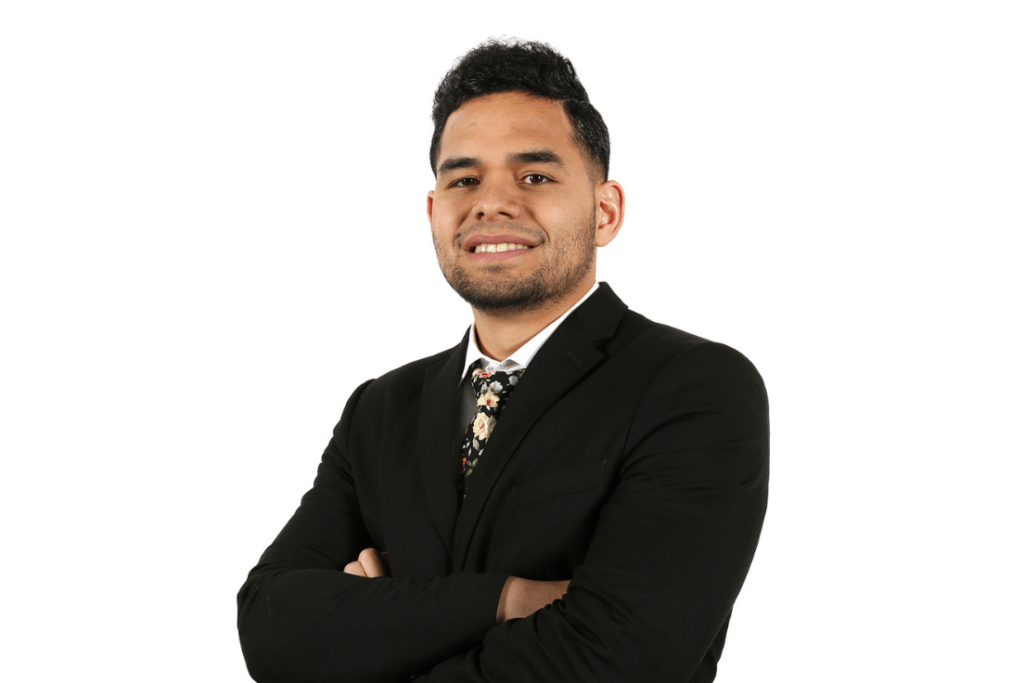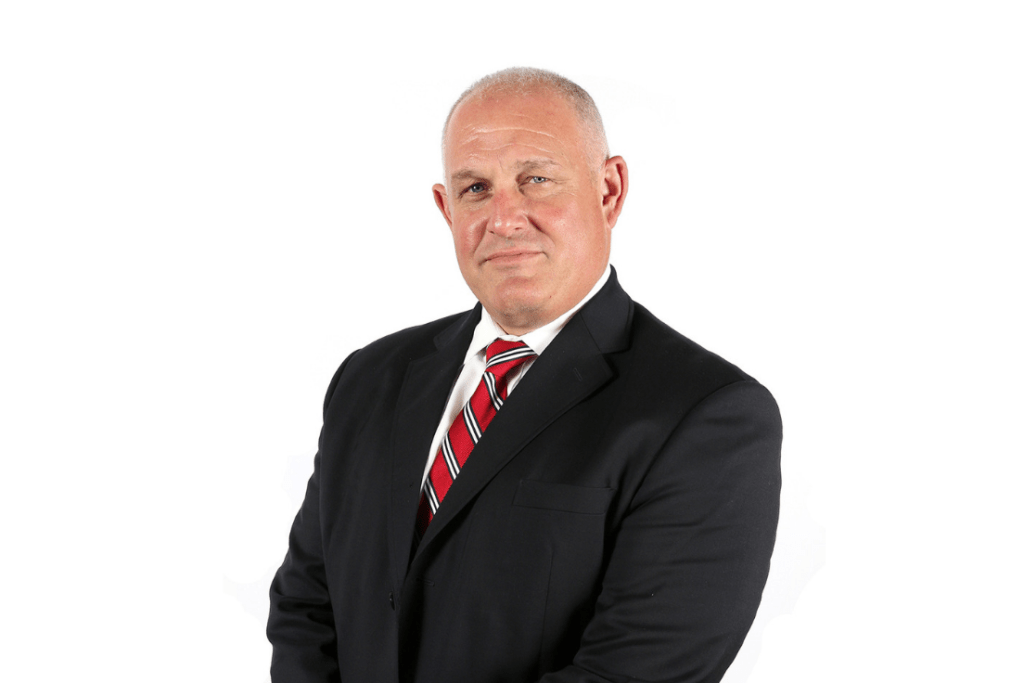Approximately one out of seven residents currently living in the United States—45 million people—are foreign-born.[1] For many of these individuals, returning to their home country disrupts settled life expectations and could mean the loss of family, friends, and employment in the United States.
For those immigrants who are inadmissible to the United States due to unlawful entry, this potential disruption remains a constant anxiety. The law states that any non-citizen who enters the United States unlawfully, without being admitted or paroled at an approved entry point, is inadmissible. Save for a few exceptions, these individuals cannot adjust status or obtain a visa in the United States as well as remain subject to deportation.
If you are someone who finds themselves in this situation, there may be hope. The law provides for a waiver of unlawful presence under Form I-601A as a type of legal forgiveness. To qualify, an applicant must prove that, among other eligibility requirements, their qualifying relative (a spouse or parent(s) that is either a U.S. citizen or lawful permanent resident) will suffer extreme hardship upon their departure. It is important to note that children may not serve as a qualifying relative for a 601A waiver.
The question then becomes: when does hardship count as “extreme”? According to USCIS, extreme hardship is one that is beyond the common consequences of the denial of admission, for instance, where a qualifying relative suffers from a serious medical condition. The applicant bears the burden of proof in demonstrating that it is more likely than not that the qualifying relative will suffer hardship beyond the norm.
Fortunately, if an applicant does not have a singular extreme hardship, the adjudicating officer or judge may still find extreme hardship by considering the totality of circumstances regarding all hardship factors. Hardship factors may include the health of a qualifying relative, financial considerations, educational hardship, ties to the United States, country conditions in the applicant’s country of origin, and social and cultural hardships, among others. The applicant should provide as much evidence as possible to support these assertions. For example, an applicant claiming financial hardship should provide supporting documents such as tax returns, paystubs, records of expenses, poverty level guidelines, expected wage earnings in the country of origin, or other analogous evidence—to show the financial effect the applicant’s departure would impose on the qualifying relative.
Receiving a favorable decision for a 601 or 601A waiver application requires creative legal arguments and substantial evidentiary support of extreme hardship. At Wilner & O’Reilly, we specialize both in determining waiver eligibility and drafting effective waiver applications. Please contact us to receive a free consultation regarding your case.
ABOUT THE AUTHOR(S)
 JAKE TUIMAUALUGA -ATTORNEY
JAKE TUIMAUALUGA -ATTORNEY
Jacob Iosefa Tuimaualuga (“Jake”) is an associate attorney at the Wilner & O’Reilly Salt Lake City Office. Mr. Tuimaualuga devotes his practice to employment-based transactional cases, including both nonimmigrant visas (i.e. J-1, H-1B, H-2A, H-2B, L-1, O-1, P1, etc.) and permanent residence applications (i.e. PERM, national interest waivers, EB-1, EB-2, etc.). Prior to his employment at Wilner & O’Reilly, Mr. Tuimaualuga worked as a lead research assistant for Brigham Young University’s Community Legal Clinic handling plea negotiations, expungements, reductions, adjustments of status, and affirmative asylum applications for the indigent. Mr. Tuimaualuga also spent considerable time volunteering at the Timpanogos Legal Center in Provo, Utah assisting victims of domestic violence in divorce and child custody cases. For his service to pro-bono legal work, Mr. Tuimaualuga received the Distinguished Clinical Practice Award for the exceptional commitment and dedication to clinical practice. A native of Southern California, Mr. Tuimaualuga is an avid Los Angeles Lakers fan and boxing enthusiast. Mr. Tuimaualuga resides in Lehi, Utah with his wife and daughter.
 RICHARD M. WILNER – FOUNDING PARTNER
RICHARD M. WILNER – FOUNDING PARTNER
Richard M. Wilner is a founding member of Wilner & O’Reilly, APLC and is Board Certified by the State Bar of California as a Specialist in Immigration and Nationality Law. He is admitted to practice law in the State of California and before the U.S. District Courts for the Central, Northern and Southern Districts of California, the Northern District of Texas, the U.S. Court of Appeals for the Ninth Circuit and the U.S. Supreme Court.Mr. Wilner has received the coveted Martindale-Hubbell AV Rating, the highest legal and ethical rating that one can receive from one’s peers in the legal community. Similarly, he has been awarded the title of Super Lawyer from 2007 to the present. He is best known for his work in advising Fortune 500 companies, middle and small market businesses, entrepreneurs and foreign nationals of extraordinary ability in athletics, arts, and sciences in the complex area of U.S. Immigration and Nationality Law.
[1] United Nations Population Division, Department of Economic and Social Affairs, available at the following link.


Comments are closed.